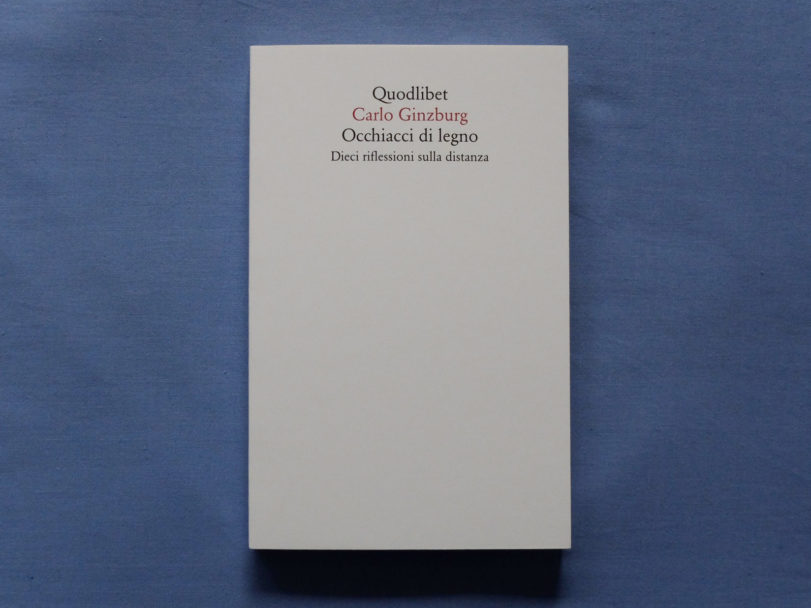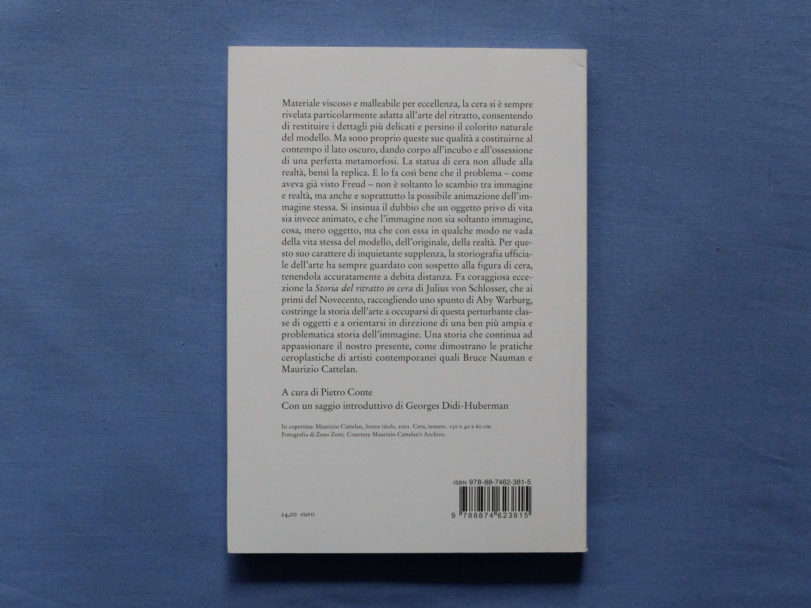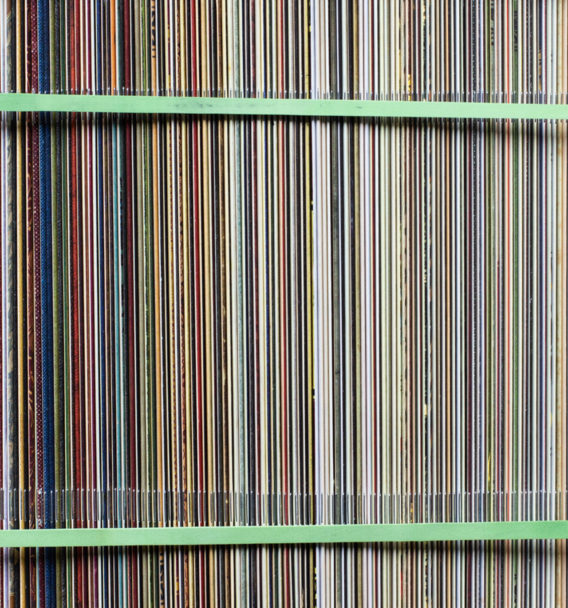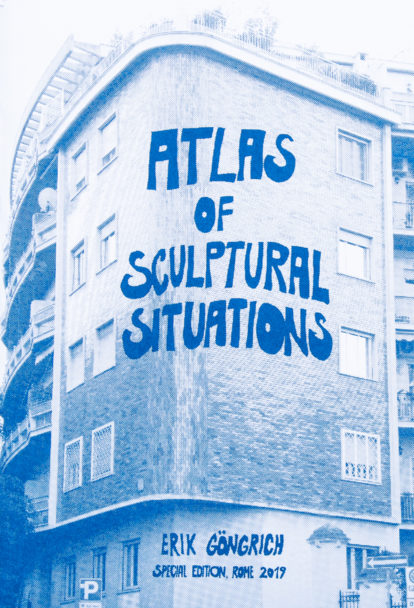
Carlo Ginzburg, OCCHIACCI DI LEGNO, 2019
20 Euro
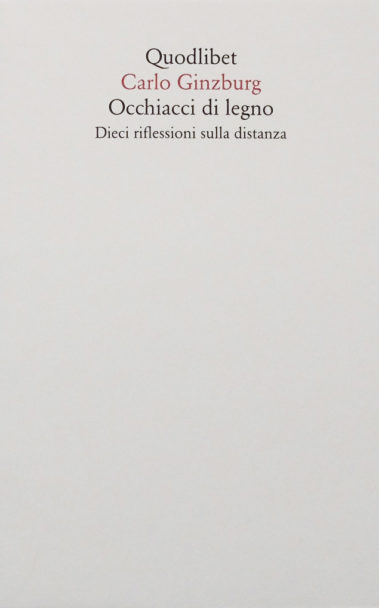
1 in stock
“The whole world is a country does not mean that everything is the same: it means that we are all disoriented with respect to something and someone”. The book investigates, from different points of view, the cognitive and moral, constructive and destructive potentialities of disorientation and distance. Why has a long tradition attributed to the stranger’s gaze – the savage, the farmer, the animal – the ability to reveal the lies of society? Why does the reflection on myth serve to distance reality, while myth is often a political tool to control the unsuspecting? Why was a puppet called “representation” carried in procession during the funeral of the kings of France and England? Why did Christianity adopt the Mosaic prohibition of images but favored the spread of devotional images from a certain moment on? Why was the style used, as appropriate, to include or exclude cultural diversity? Why do we so often resort to visual metaphors such as “perspective” or “point of view”? Would you kill an unknown Chinese mandarin if offered a large sum? Was Jesus a Christian? Ten glances on the world, from near and far. New enhanced edition.
Carlo Ginzburg – Occhiacci di legno. Dieci riflessioni sulla distanza
Quodlibet
2019
296 pages, paperback
Italian
